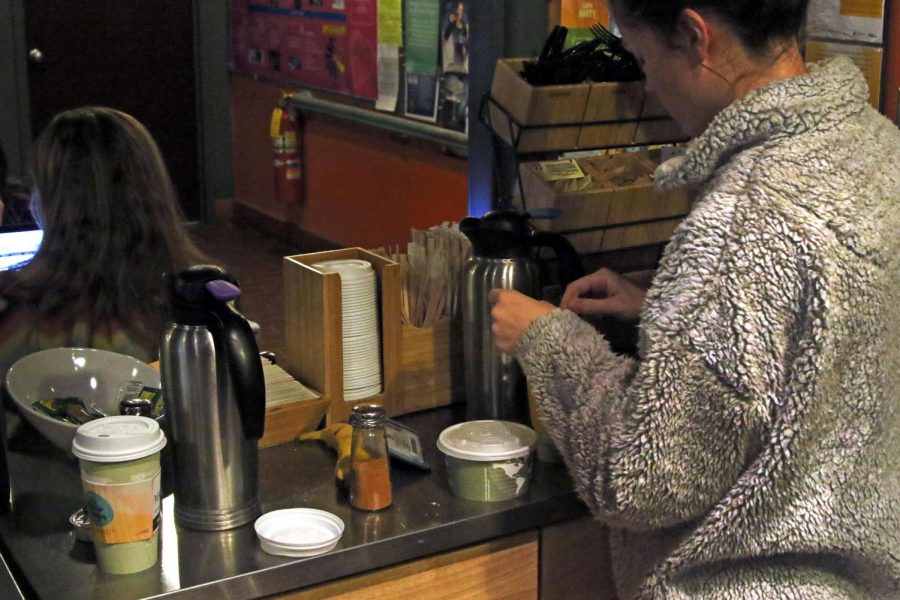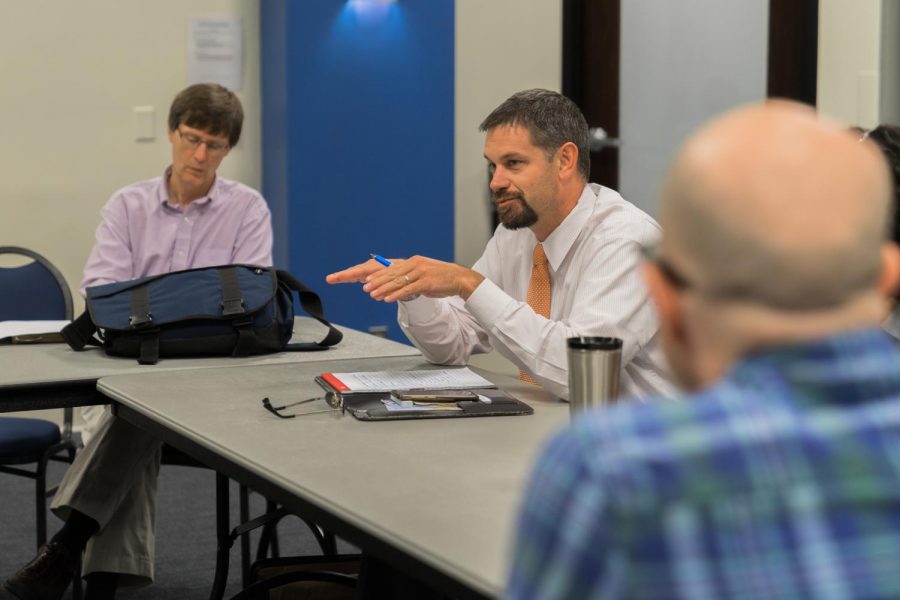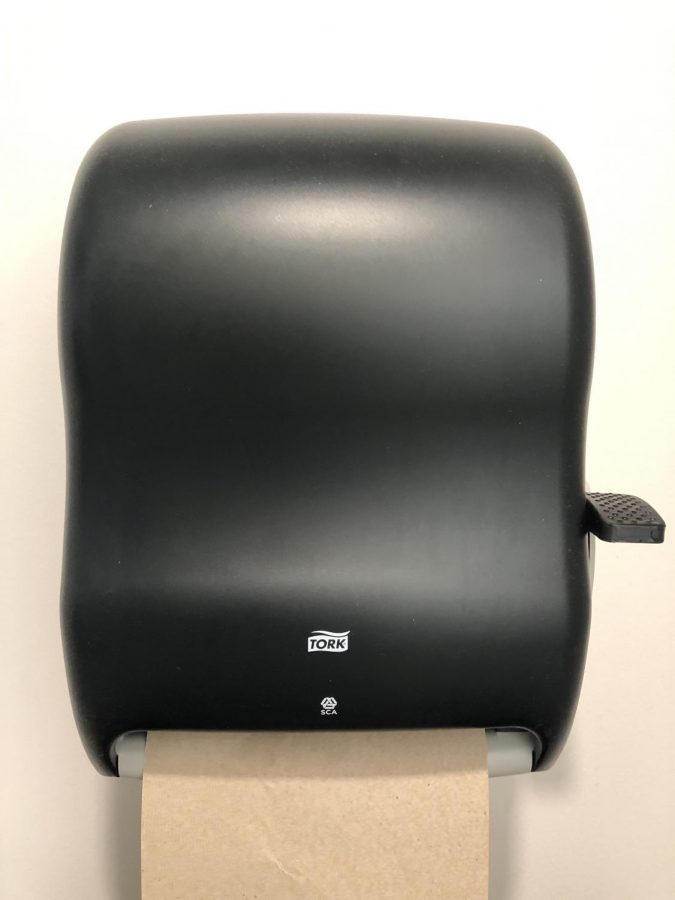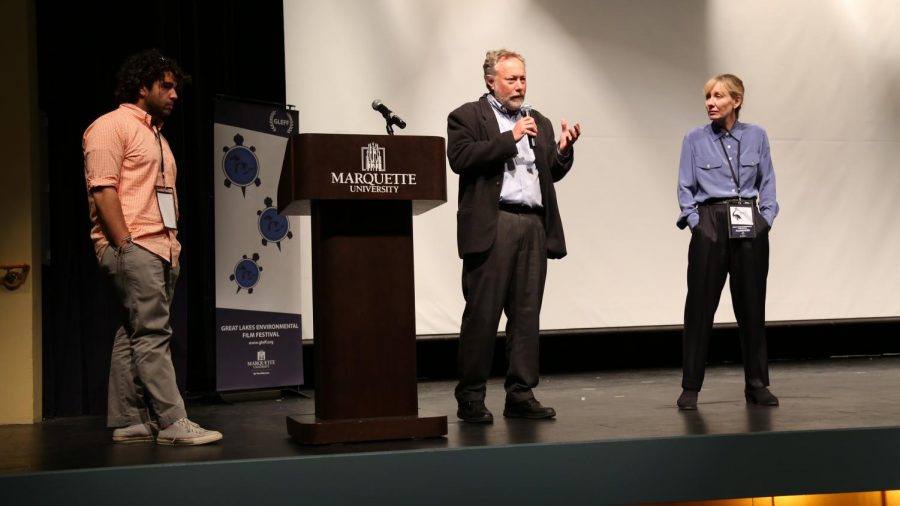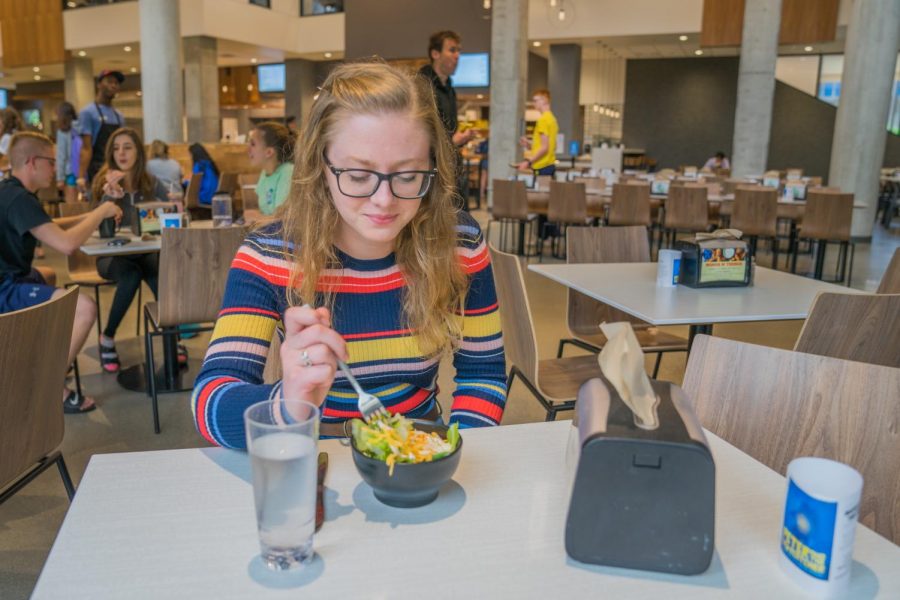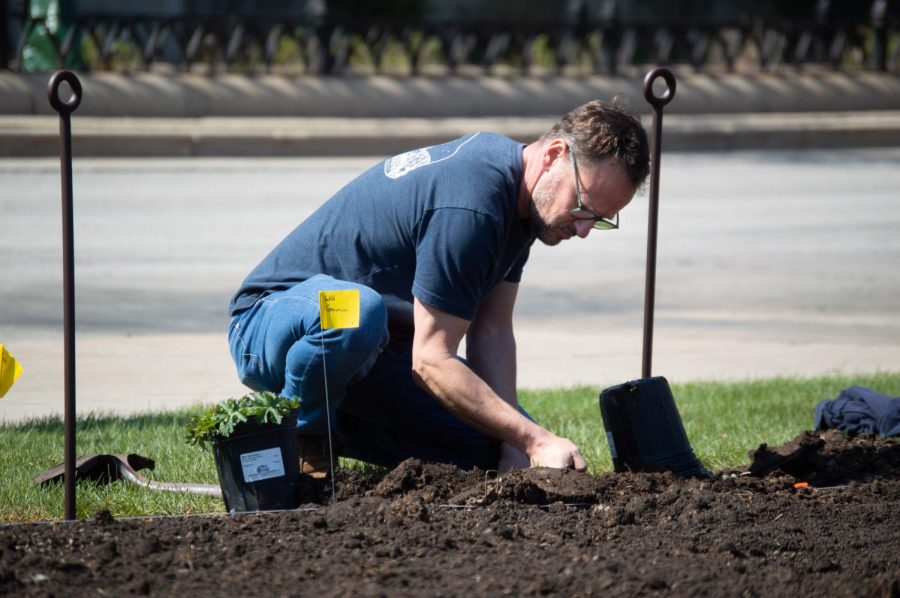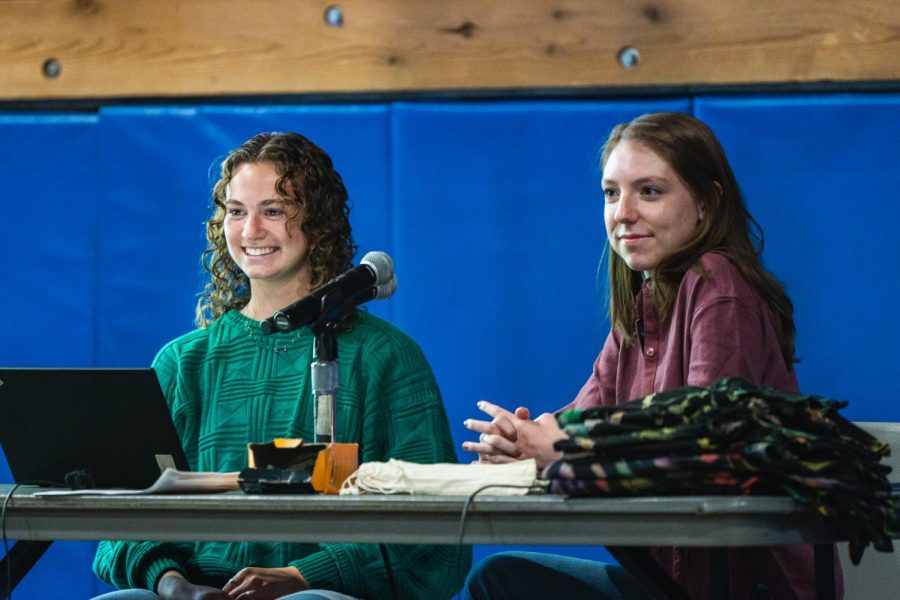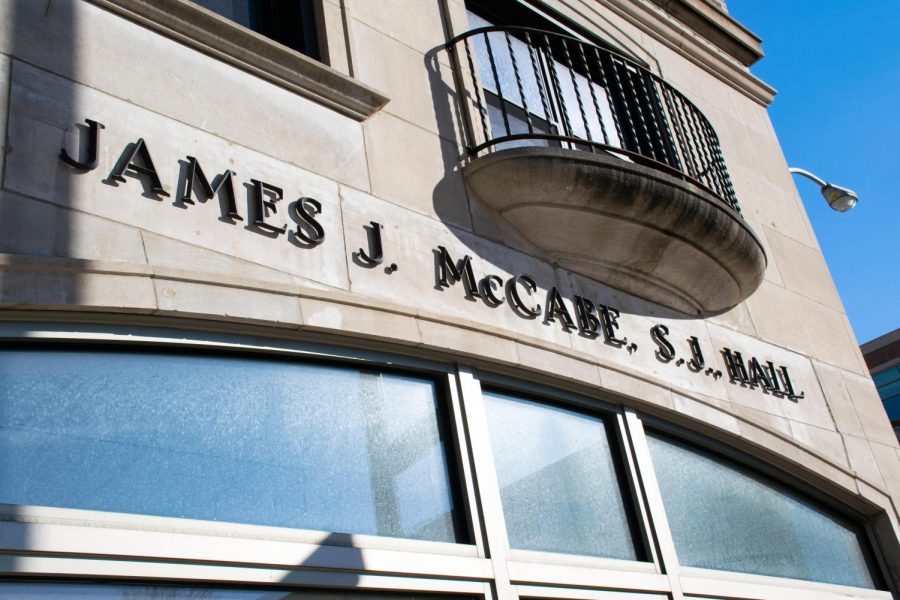The Brew Cafes across campus started using eco-friendly cups and containers a few weeks ago.
“We made the switch over to make an investment to trying to go (sic) compostable as well and at least made of eco-friendly materials,” Melanie Vianes, director of dining operation services, said.
Despite the introduction of compostable cups and containers, the Brew Cafes do not have compost bins.
The change to eco-friendly products was made after an annual product review and examining various vendors.
Later this year the Brew will participate in a Campus Sustainability Plan which consists of sustainability goals for campus. This will include a push to substantially reduce greenhouse gas emissions.
“We are being more organized and thoughtful about prioritizing sustainability within our academics, engagement, operations and more,” Ribble said.
Sloane Abalos, a sophomore in the College of Arts & Sciences, said she was glad to see the cafes making an eco-friendly decision with the cups, but she thinks the decision is overdue.
“I didn’t realize that the other (cups) weren’t eco-friendly, but now that I know, especially because so many people use them, it’s nice to see that they are trying to use a more environmentally-friendly cup,” Abalos said.
Ribble said sustainability means meeting the social, environmental and economic needs of the present without compromising the ability of future generations to meet their own needs.
“(Sustainability) includes conserving energy, water and other resources, protecting and improving air, water and habitat quality, preventing various forms of pollution, such as water pollution, and doing these activities in a manner that promotes social justice, health environmental welfare and economic security,” Ribble said.
He said recycling bins and environmentally beneficial products are tools to help the university get there.
In addition to using compostable products, but the Brew Cafes have also been composting all their coffee grounds, Vianes said.
The cafes also offer 25 cents off to customers who bring their own mugs. Additionally, the cafes sell reusable ceramic mugs for purchase.
Abalos said she would like to see both the cafes and the university continue to make environmentally-conscious decisions. She said she thinks the cafes could make additional changes such as recycleable pastry bags and utensils as well as more recycling bins.
Though environmentally responsible products are more of an investment, students will not see a price spike in their dining purchases, Vianes said.
“We decided to make the investment for right now to kind of take that on and work that into our day-to-day functions,” Vianes said. “For us, it’s a little bit more of an investment, but we’re staying the same without pricing.”
Vianes said “sustainability is the forefront of everything that (Sodexo does) in all of (its) locations. (The environmentally responsible products are) just a more visible presence,” Vianes said.
Ribble offered three tips for students to become more sustainable: Remove disposable items from your daily life, drive your vehicles less often and tell professors that you want to learn about sustainability in class.
“The ultimate goal is to enrich the lives of others while leaving no impact. We are merely borrowing the Earth from our future generations,” he said

